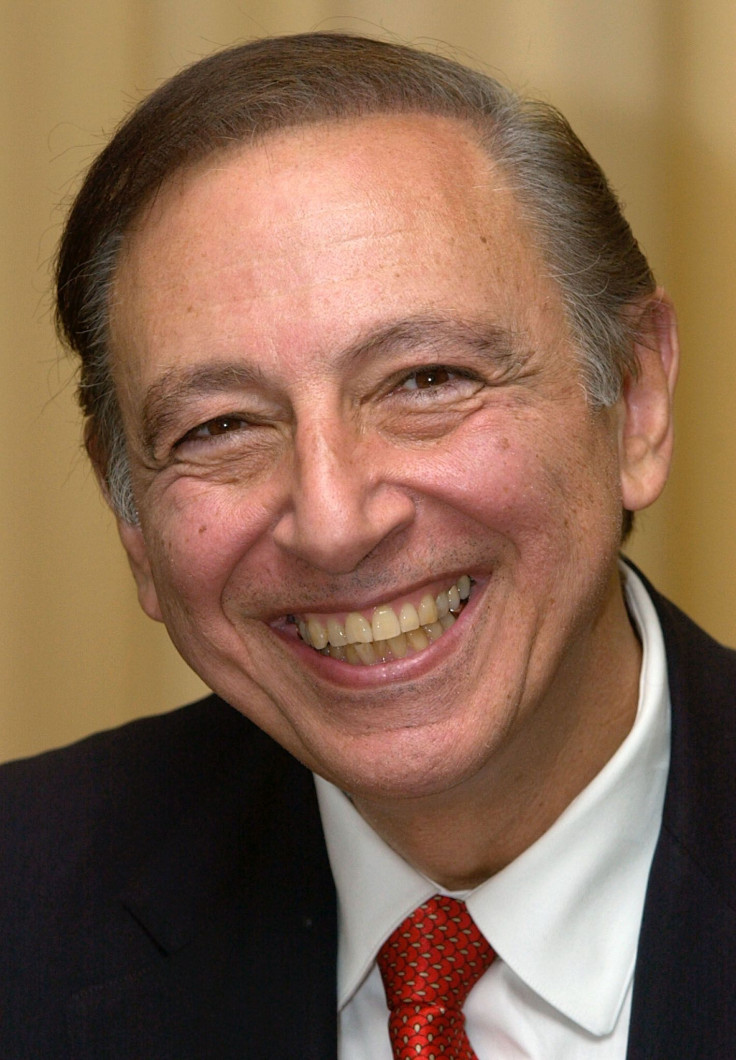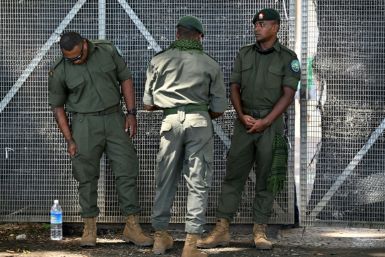Novel AIDS vaccine to be tested on humans for the first time

A vaccine that seeks to cure acquired immune deficiency syndrome, or AIDS, will undergo its first human trial, 15 years since it was developed.
Dr Robert Gallo, the biomedical researcher who first discovered the cause of AIDS in 1984, is launching the clinical test in his role as the director of the Institute of Human Virology, or IHV. In 1984, Gallo and a team of scientists revealed that AIDS is caused by the human immunodeficiency virus, or HIV. To date, HIV has remained incurable.
Over 30 years from his monumental discovery, Gallo is marking a milestone in his ongoing crusade to combat this virus. In the first phase of the trial, the experimental vaccine, known as “full-length single chain,” will be tested on 60 volunteers to determine its safety and immune responses. This testing has been earlier conducted in monkeys with positive results.
While there have been some promising vaccine candidates in the past, they encounter a stumbling block because HIV directly infects white blood cells called T-cells. Once the virus has entered a T-cell, it becomes invisible to the immune system. To prevent infection, there is a need to trigger antibodies against the HIV surface proteins before that happens. This is particularly difficult because the retrovirus can regularly change its viral envelope to hide particular surface proteins.
However, Gallo and his team believe they may have now found the right, exact timing when the HIV surface protein, referred to as gp120, is vulnerable to detection: the moment the virus binds with a human body’s T-cells.
Once HIV infects a person, its surface protein links to segments of another protein called the CD4 receptor, found on white blood cells. It then exposes hidden parts of its viral envelope, which allow it to bind to a second receptor called CCR5. Once HIV is attached to both these T-cell receptors, it can successfully infect the immune cell and replicate itself.
To address this, Gallo’s full-length single chain vaccine contains the HIV surface protein gp120, designed to link to a few portions of the CD4 receptor. The vaccine triggers antibodies against gp120 when it’s already attached to CD4 and is in its vulnerable transitional state, effectively stopping it from attaching to the second CCR5 attachment.
The clinical trial will be conducted in partnership with Profectus BioSciences, a biotechnology company. This vaccine is being led by Gallo, with the team comprising of IHV’s Dr George Lewis and Dr Anthony Devico, as well as Profectus Biosciences’ Dr. Tim Fouts. The human trial has taken a long time to research and develop, as all vaccine trials do, since the institute wants to be absolutely sure of its potential efficacy before proceeding to human trials. Gallo insisted that they wanted “more and more answers before going into people,” as reported in Science.
According to the World Health Organization, AIDS-related diseases killed 1.2 million people in 2014. The institute hopes its experimental vaccine against AIDS proves promising to finally combat one of the most debilitating epidemics in human history.
Contact the writer at feedback@ibtimes.com.au or tell us what you think below.






